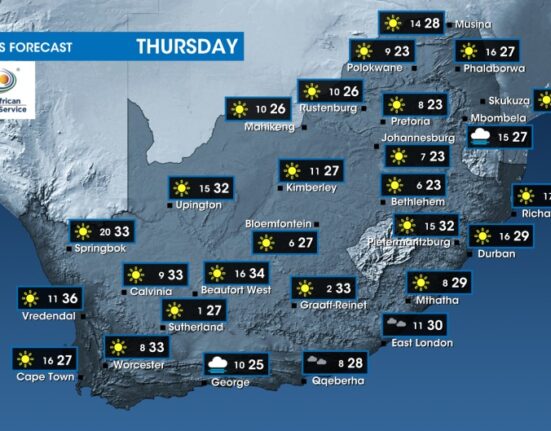In a recent turn of events, Nationals MP Barnaby Joyce has raised serious concerns about Australia’s military readiness following a stark warning from US Defence Secretary Pete Hegseth regarding China’s alleged imminent attack on Taiwan. Hegseth, speaking at a security conference in Singapore, emphasized the real and pressing threat posed by China, stating unequivocally that the situation demanded utmost attention and preparedness.
Joyce, in response to Hegseth’s remarks, criticized Australia’s level of readiness, pointing out a concerning lack of focus on potential threats amidst other priorities. He highlighted an incident where a Chinese flotilla navigated near Australia, underscoring the nation’s inability to promptly monitor the situation. Joyce expressed frustration that it took the intervention of the New Zealand navy and a commercial flight to track the flotilla, which conducted live-fire exercises near Sydney.
The geopolitical tensions surrounding Taiwan have escalated, with the US reiterating its commitment to support the island if faced with Chinese aggression. Hegseth reassured US allies in the Indo-Pacific region of America’s solidarity in confronting China’s growing military and economic influence. Taiwan’s status remains a contentious issue, with China actively testing scenarios for a potential blockade, while the US has pledged to defend Taiwan against any aggression.
China’s military ambitions regarding Taiwan are clear, with a stated goal of achieving the capability to seize the island by force by 2027. However, experts view this deadline more as an aspirational target than an absolute timeline for war. Despite these concerning developments, Australian Prime Minister Anthony Albanese has resisted calls to increase defense spending beyond the current 2% of GDP, amounting to $56 billion, with plans to raise it to 2.35% by 2024.
Joyce emphasized the urgency of bolstering Australia’s military capabilities swiftly, citing operational challenges with the submarine fleet and the broader implications of dwindling manufacturing capacity due to high energy costs. He underscored the importance of enhancing national strength and attractiveness to potential investors and manufacturers to sustain Australia’s economic resilience.
On the other hand, Labor minister Tanya Plibersek defended Australia’s defense expenditure, highlighting planned investments to enhance the nation’s defense capabilities over the coming years. She emphasized the strategic approach taken in determining defense spending based on identified security needs and operational requirements. Plibersek outlined key initiatives such as upgrading the surface fleet, investing in the AUKUS partnership, and developing long-range missile capabilities, including domestic production capabilities.
Amidst the debate over defense spending and military preparedness, the underlying concern remains the need to balance national security imperatives with economic considerations and strategic partnerships. The evolving dynamics in the Indo-Pacific region underscore the critical importance of proactive defense strategies and collaborative efforts to navigate complex geopolitical challenges effectively.
As Australia grapples with these strategic decisions and alignments, the debate surrounding defense spending and military readiness serves as a poignant reminder of the delicate balance between security imperatives and broader national interests. The evolving landscape in the region necessitates a nuanced approach to defense planning and resource allocation to safeguard Australia’s interests and uphold regional stability amidst growing geopolitical uncertainties.









Leave feedback about this